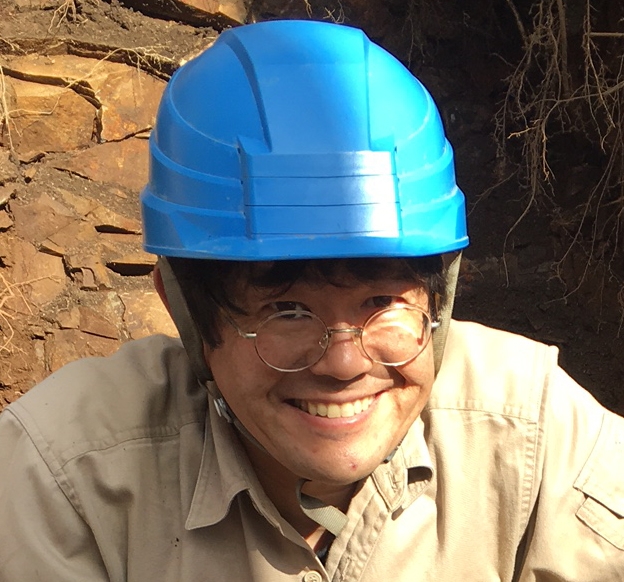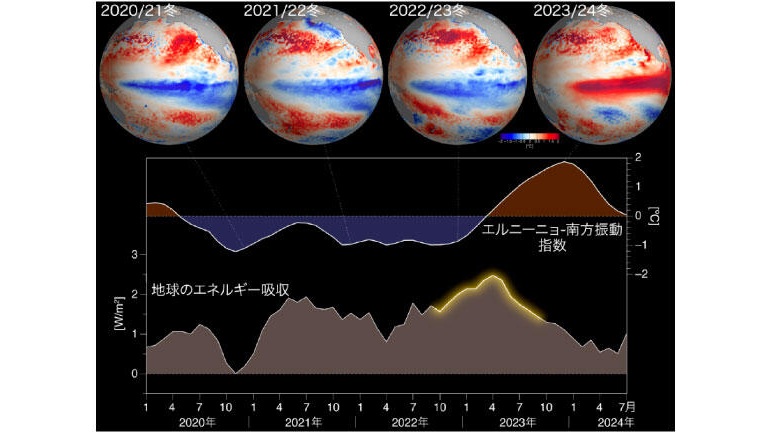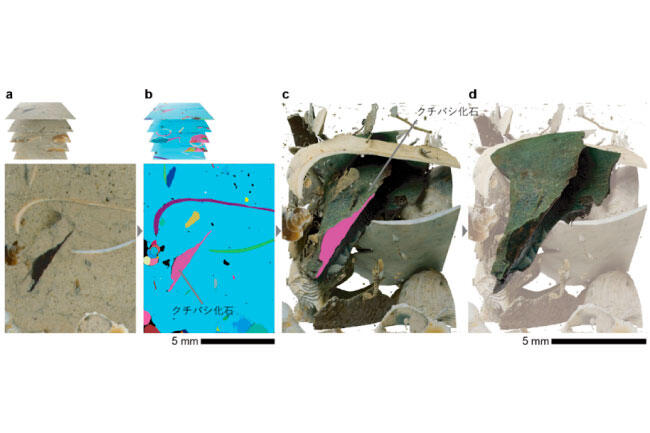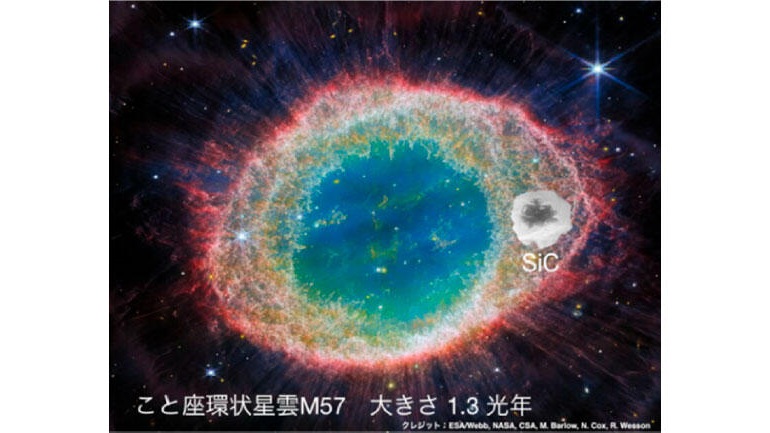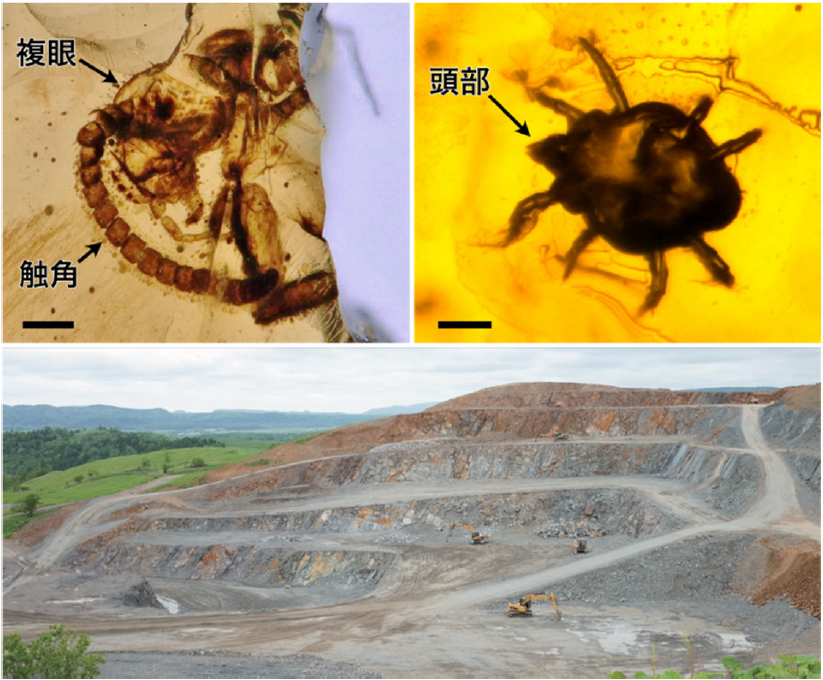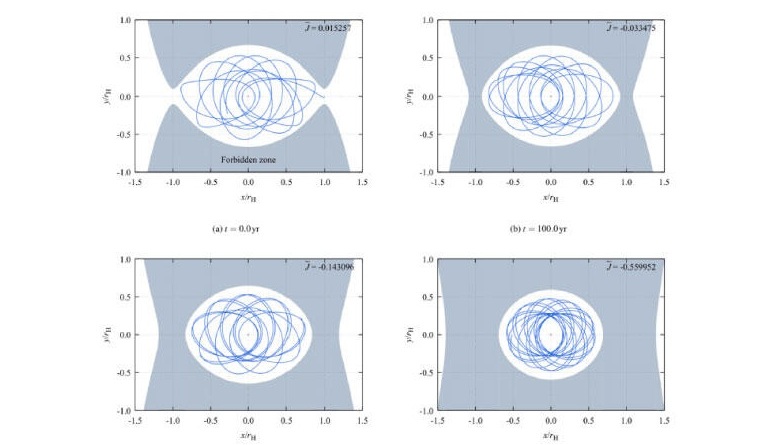Department of Earth and Planetary Sciences
Research groups in the Department of Earth and Planetary Sciences fall into three divisions. The “Division of Earth and Planetary Dynamics” studies mantle dynamics, earthquakes, volcanic activity, surface and ground water, and atmosphere-ocean circulation. The “Division of Earth and Planetary System Science” studies volcanoes, fossils, mineral microstructure, the isotopic composition of asteroids, the coordinated evolution of Earth’s bio- and geospheres, and plate tectonics. The “Division of Cosmosciences” studies planetary atmospheric dynamics, Earth’s atmosphere, and the evolution of the solar and planetary systems. The interests of the Department of Earth and Planetary Sciences span a size scale from molecules to the solar system, and a time scale from microseconds to billions of years.
Because significant alterations in the Earth’s abiotic environment are accompanied by, and often dictated by, changes originating in the biosphere, our department views the integration of geosciences and biodiversity studies as crucial to understanding the evolution of Earth and its life, and for assessing the possibility of life on other planets. Our departmental staff of about 40 faculty members conducts a broad range of cutting-edge experimental, observational, and theoretical research; collaborates with leading domestic and international researchers and organizations; and continually seeks to explore new scientific frontiers.



















